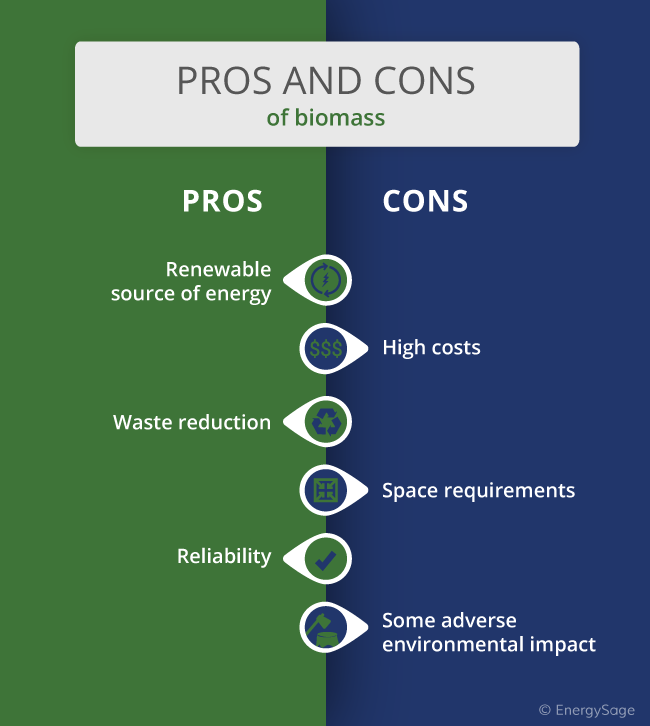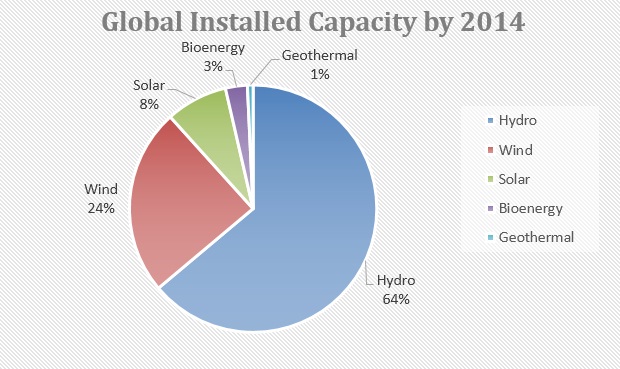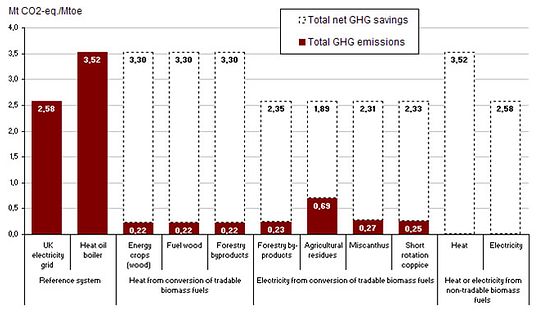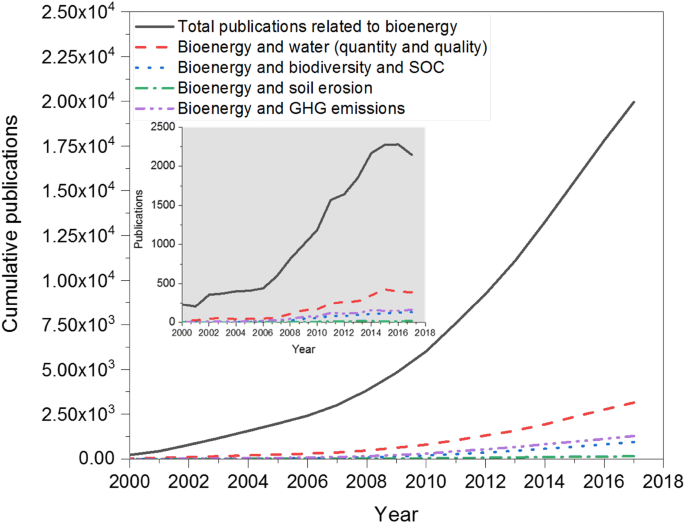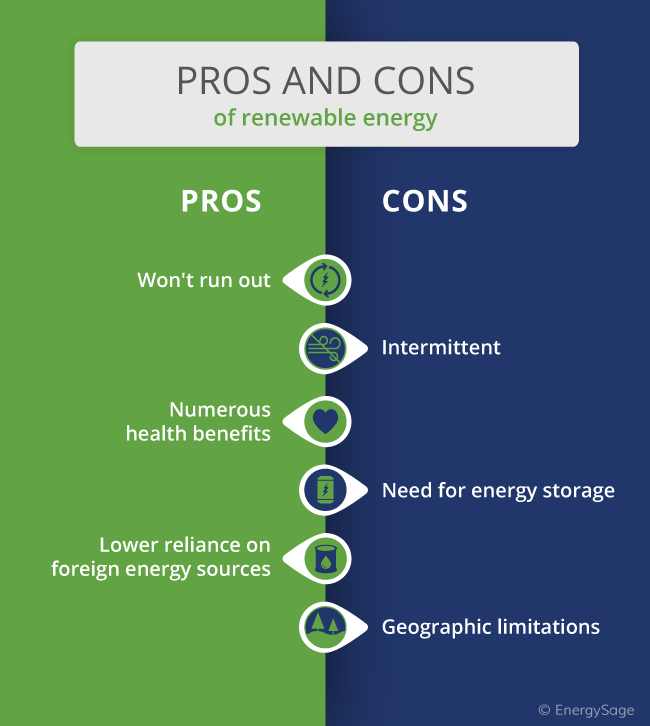However because of the renewable nature of biomass many consider it to be a carbon neutral source of electricity.
Positive environmental impacts of biomass energy.
As a source of energy biomass can be used directly to produce heat via combustion beside that biomass can be converted into various forms of biofuel indirectly.
However if it is poorly executed to the point of overproduction it could be very destructive to the environment.
Many energy experts agree that when you combine economic and environmental character of energy sources biomass is on top of the list as one of the best energy sources.
Under current conditions however there are environmental impacts of biomass that must be considered.
With good practices and growth standards it has the potential to be a carbon neutral method of power generation.
This page explores the many positive impacts of clean energy including the benefits of wind solar geothermal hydroelectric and biomass.
While the cost of acquiring biomass fuels is lower than most types of energy sources they are generally higher than other forms of energy.
Biomass is widely available energy source.
5 social benefits of biomass.
Biomass energy is relatively expensive.
Last updated 12 24 2019 bioenergy is a unique type of renewable electricity.
This has wide ranging benefits not just on the environment but also on our health.
Geothermal energy has lots of positive effects on the environment.
What are the environment impacts of biomass.
The sources are from agriculture forestry fisheries aquaculture algae and waste.
The adoption of an energy model based on the use of biomass as fuel entails a series of benefits for society which go beyond the economic and the environmental and which translate into an improvement of the general environment.
Biomass is considered a renewable source of energy because it can be generated from sustainable items.
Unlike solar wind and hydropower generating power from biomass emits greenhouse gases and pollutants into the air.
All energy sources have some impact on our environment.
Reducing the level of fossil fuels we burn also reduces overall emissions of greenhouse gases.
Burning either fossil fuels or biomass releases carbon dioxide co2 a greenhouse gas however the plants that are the source of biomass for energy capture almost the same amount of co2 through photosynthesis.
In conclusion biomass has green energy potential.
One more variable to consider.
Biomass is widely available source of energy.
Fossil fuels coal oil and natural gas do substantially more harm than renewable energy sources by most measures including air and water pollution damage to public health wildlife and habitat loss water use land use and global warming emissions.
Biomass and biofuels made from biomass are alternative energy sources to fossil fuels coal petroleum and natural gas.
Using biomass for energy has positive and negative effects.
For more information on their negative impacts including effective solutions to avoid minimize or mitigate see our page on the environmental impacts of renewable energy technologies.
Environmental impacts of biomass.
However renewable sources such as wind solar geothermal biomass and.
